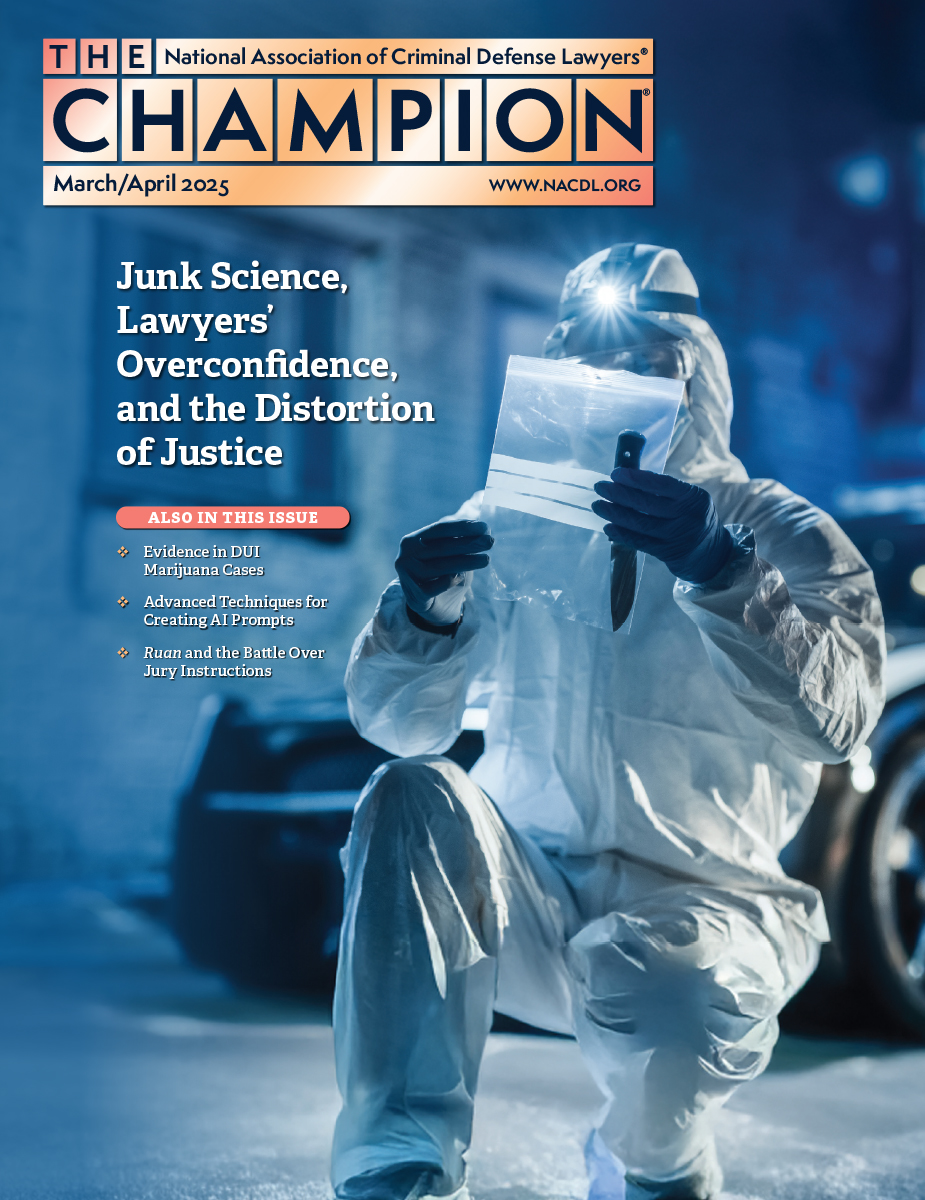Building a Service Line to Support Incarcerated Survivors of Sexual Abuse , Urban Institute (June 2024)
Responding to Crimes of a Sexual Nature: What We Really Want Is No More Victims , Sentencing Project (January 2024)
Sex Exceptionalism in Criminal Law Stanford L. Rev. 755 (2023)
Registering Youth in the Sunshine State: A Report on Florida's Harmful Sex Offender Registration Laws by Vic F. Wiener, Juvenile Law Center (October 2022)
The effectiveness of Sex Offender Registration and Notification: A meta-analysis of 25 years of findings Journal of Experimental Criminology (September 2021)
Civil Commitment of People Convicted of Sex Offenses in the United States by Trevor Hoppe, Ilan H. Meyer, Scott De Orio, Stefan Vogler, and Megan Armstrong, The Williams Institute at UCLA School of Law (October 2020)
Labeled for Life: A Review of Youth Sex Offender Registration Laws , Juvenile Law Center (August 2020)
NACDL Comments on Proposed Revisions to Sexual Assault and Related Provisions of the Model Penal Code (March 2016)
The Reentry of Adults Convicted of Sexual Offenses: A National Survey of Reentry Professionals , Council of State Governments Justice Center (February 2015)
Raised on the Registry: The Irreparable Harm of Placing Children on Sex Offender Registries in the US , Human Rights Watch (May 2013)
Sex Offender Exceptionalism and Preventive Detention J. Crim. L. & Criminology 969 (2011)
' Redemption’ in the Presence of Widespread Criminal Background Checks , Alfred Blumstein and Kiminori Nakamura, NIJ Journal (May 2009)
Continue reading below
Featured Products
Alcohol, Blackouts and Consent in Sex Cases
This comprehensive training program provides defense attorneys with a rigorous, science-backed approach to dismantling prosecutorial narratives, exposing unreliable testimony, and ensuring that juries are properly educated on the complexities of memory, intoxication, and consent. You'll explores critical mistakes and misconceptions encountered in these cases, including errors in memory reconstruction after an event, incorrect inferences, cognitive schemas, suggestibility, contamination and misinformation, mistakes of fact and more.
Overcoming the Presumption of Guilt and Defining Reasonable Doubt
Reasonable Doubt, what is it?
In order to win criminal cases, the defense practitioner must object to a reasonable doubt standard that lowers the burden of guilt. This program will discuss proven methods to argue and define reasonable doubt persuasively to a jury. You’ll learn how define reasonable doubt using metaphors and hypothetical scenarios that force juries to dispute the evidence, conflicts in the evidence, or even lack of evidence in your case.
The DIY of DNA: Exoneration Through DNA Evidence
This presentation might be the first time you’re truly able to truly grasp the fundamentals of DNA evidence. This critical presentation blends real-world storytelling with clear, practical instruction—making DNA evidence finally feel accessible, even to non-scientists—while inspiring attorneys to dig deeper, ask smarter questions, and approach forensic science with newfound confidence. You’ll learn how to identify and interpret electropherograms, understand autosomal vs. Y-STR testing, and recognize the limits of DNA evidence—particularly when it involves partial or mixed samples.
AI Rising: Integrating & Fighting the Use of Artificial Intelligence
This unique online training will discuss hot topics in AI, including how you might integrate these tools into your practice, use them ethically, and, how you might attack law enforcement’s use of AI tools to ensnare your clients. You'll also uncover e-discovery and combing through terabytes of data all the way to using ChatGPT to test cross-examination questions. These tools can generate content and reach conclusions.
A Defender's Guide to Federal Evidence - 2nd Edition
This brand-new 2nd Edition 2024 Guide to Federal Evidence is the only federal evidence handbook written exclusively for criminal defense lawyers. The updated 2024 Guide analyzes each Federal Rule of Evidence and outlines the main evidentiary issues that confront criminal defense lawyers. It also summarizes countless defense favorable cases and provides tips on how to avoid common evidentiary pitfalls. The 2nd Edition Guide contains multiple new and updated user-friendly flowcharts aimed at helping the criminal defense lawyer tackle evidence problems.
A Reasoned Approach: Reshaping Sex Offender Policy To Prevent Child Sexual Abuse , by Joan Tabachnick and Alisa Klein, Association for the Treatment of Sexual Abusers (April 2011)
Report of Gabriel Myers Work Group On Child-on-Child Sexual Abuse , Florida Department of Children and Families (May 2010)
Megan's Law: Assessing the Practical and Monetary Efficacy , New Jersey Department of Corrections , (December 2008)
Registering Harm: How Sex Offense Registries Fail Youth Communities , Justice Policy Institute (November 2008)
The Influence Of Sex Offender Registration And Notification Laws In The United States Crime and Delinquency 175 (2008) (finding that sex offender legislation seems to have had no uniform and observable influence on the number of rapes reported in the states analyzed)
No Easy Answers - Sex Offender Laws in the US , Human Rights Watch (September 2007) (details evidence of the harm caused to people subject to this country's various sex offender laws, including the Adam Walsh Act’s registration requirements)












